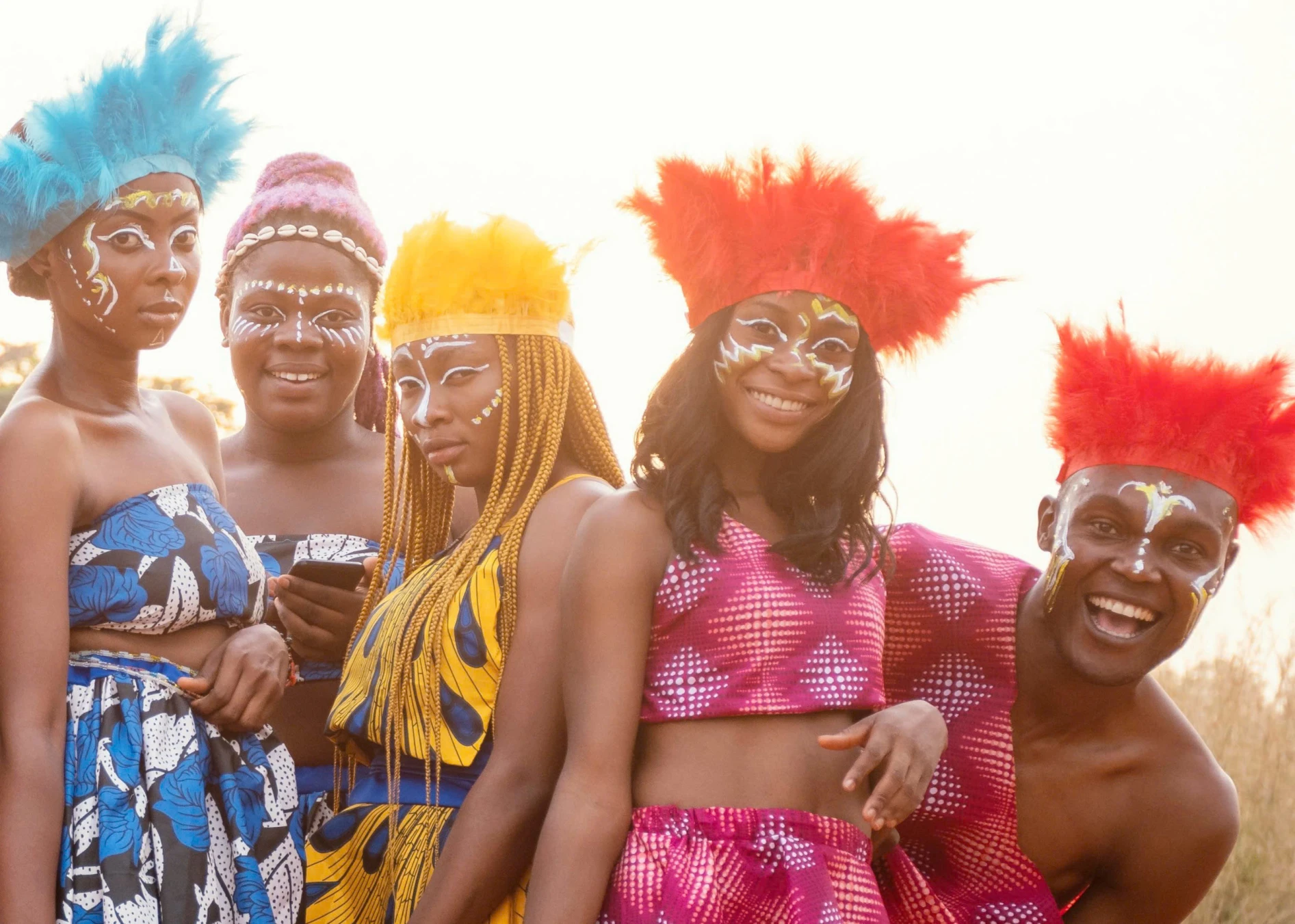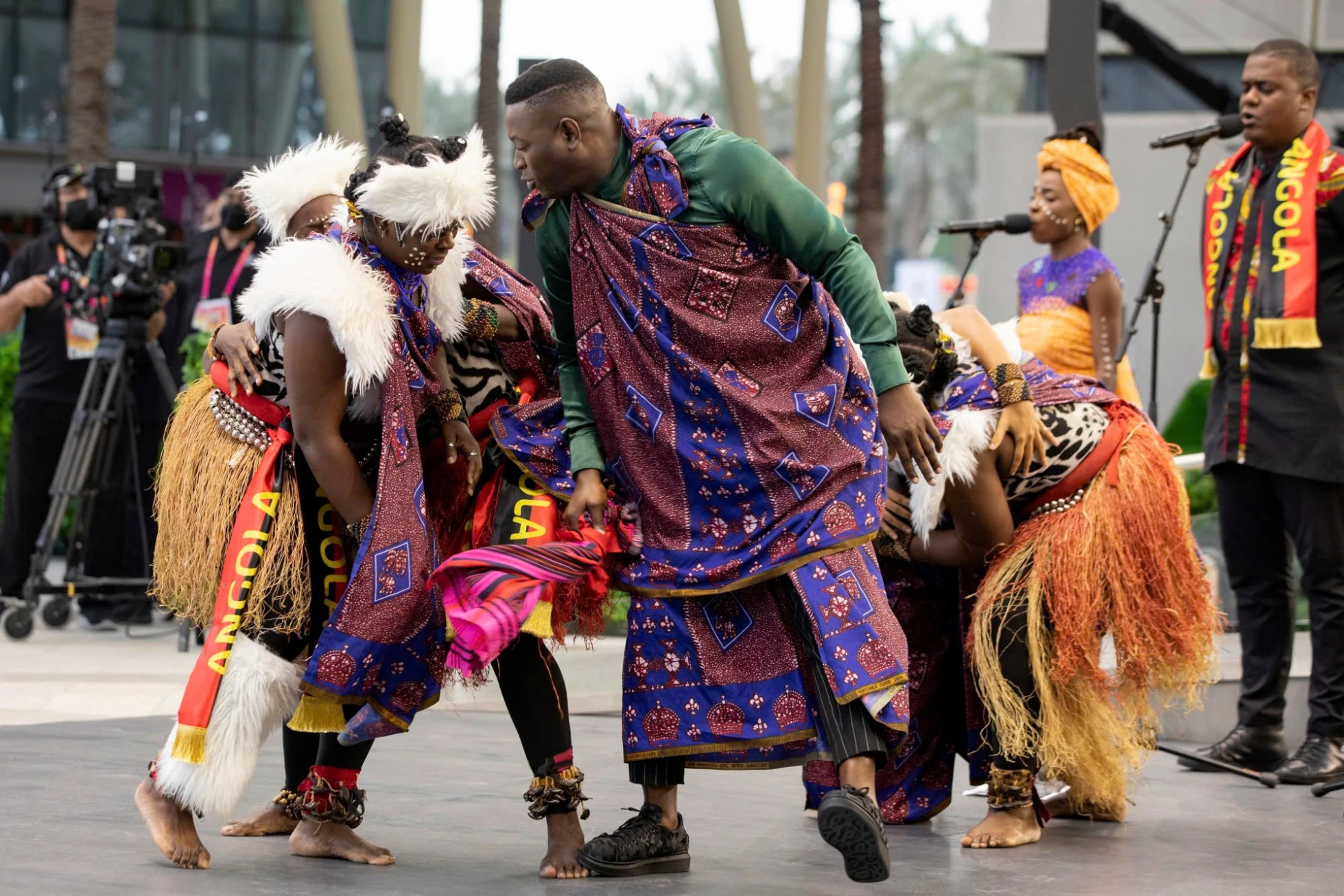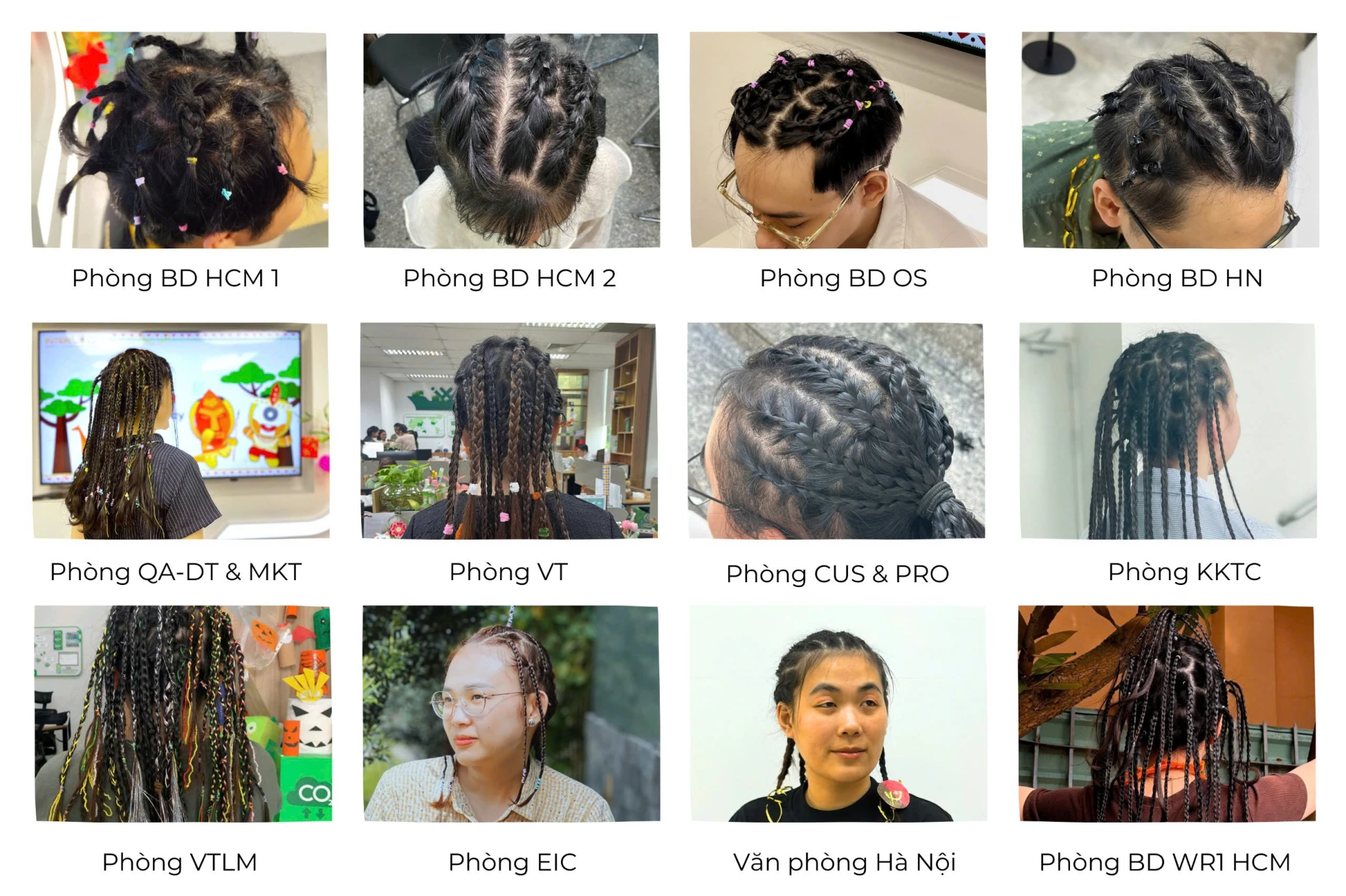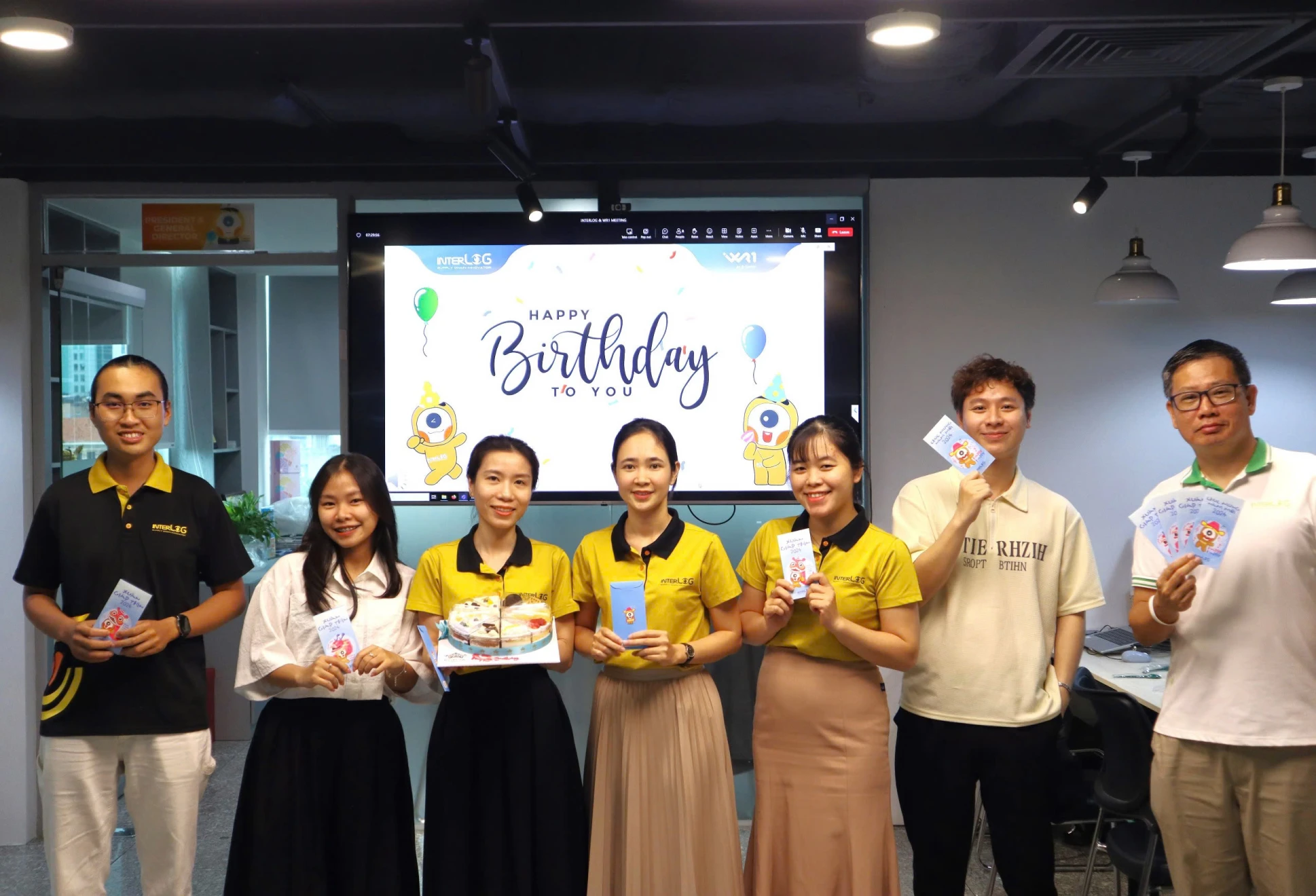


Cultural Exchange of the World: Republic of Angola
Angolan culture is a unique blend of indigenous traditions and influences from colonial history, creating a diverse and rich cultural background. These elements are vividly expressed through music, handicrafts, and cuisine, all deeply rooted in the Angolan people's identity. These cultural aspects not only reflect the country's historical past but also play a crucial role in connecting Angola with the world, offering a new perspective on a nation in the process of development and international integration.
1. Distinctive Features of the Republic of Angola
Angola is a country in southern Africa, located along the Atlantic Ocean, with an area of 1,246,700 km², making it the third largest in Africa after Niger. The nation shares borders with Namibia to the south, Zambia to the east, the Democratic Republic of the Congo to the northeast, and the sea to the west. Particularly, the province of Cabinda in Angola is separated and borders the Republic of the Congo.
As a former Portuguese colony, Angola has deeply ingrained influences from language to culture, with Portuguese being the official language. Bantu languages are also widely used, especially in rural areas. Following independence in 1975, Angola endured a prolonged civil war until 2002, leaving a significant impact on society and culture.
Angola is a multicultural country with major ethnic groups such as Ovimbundu, Mbundu, and Bakongo, each with its own language and traditions. The cultures of these ethnic groups play a vital role in daily life, with rich communal customs, rituals, and ceremonies. These heritages are preserved and showcased through music, dance, and traditional festivals.

Especially, music is an integral part of Angolan life. Traditional musical instruments like drums, mpungu horns, and marimbas are commonly used in festivals and community events. Two music genres, Kizomba and Semba, have gained worldwide recognition, becoming symbols of Angolan musical culture. The Luanda Carnival is a significant occasion for people to showcase their cultural identity through vibrant dances and costumes.

Angolan cuisine also reflects a fusion of local dishes and influences from Portuguese cuisine. Signature dishes include moamba de galinha (chicken stew with palm oil) and a variety of seafood from the western coastal regions. These dishes are rich in flavor and demonstrate the uniqueness of Angolan culinary culture.
2. Experiencing Angolan Culture Together
In continuation of the #Innovation4Culture international cultural exchange program series, aimed at developing individuals and understanding the culture of happy nations, the theme for 2024 is #Innovation4Happy. InterLOG organizes the Angolan cultural exchange event, featuring activities such as creating impressive Dreadlock hairstyles, cultural quizzes with prizes, and more. Additionally, the core value of #Happy_Happy is highlighted through joyous birthday celebrations for InterLOG members born in November with red envelopes and delicious cakes.


With the spirit of "Innovator - Innovation4Culture," participating in these activities not only helps people better understand the culture of happy nations around the world but also celebrates the spirit of innovation and sustainable development. This also reflects InterLOG's efforts towards internal innovation, involving all InterLOG members, with the goal of moving towards a sustainable ESG development model.



